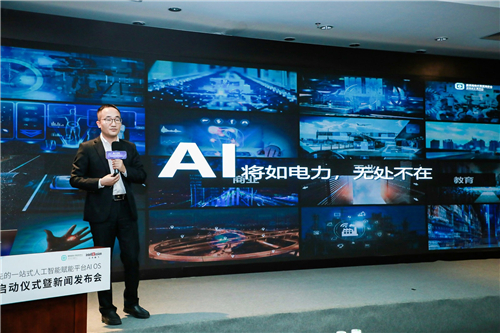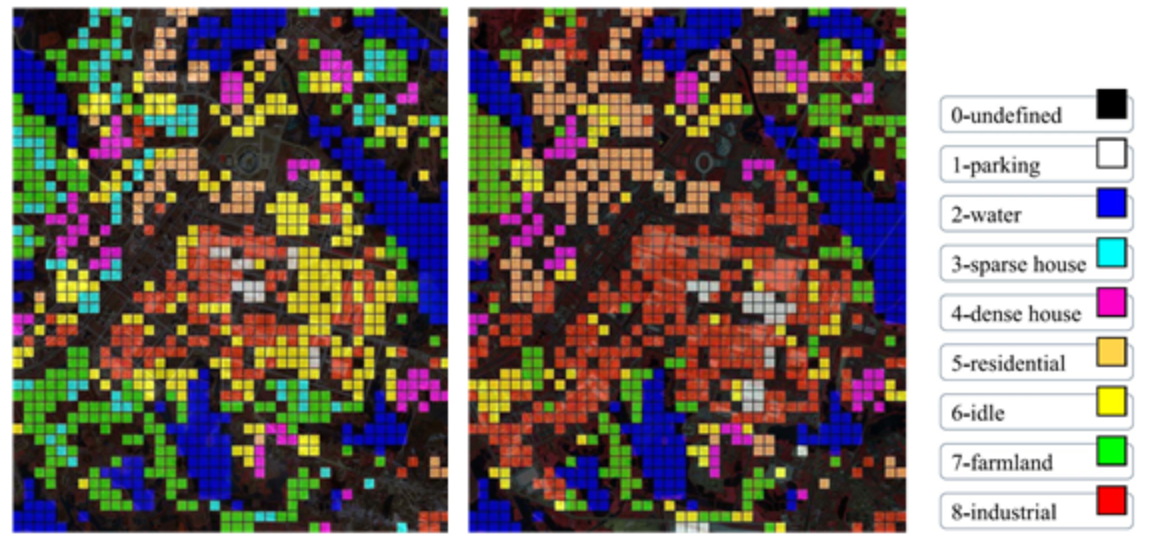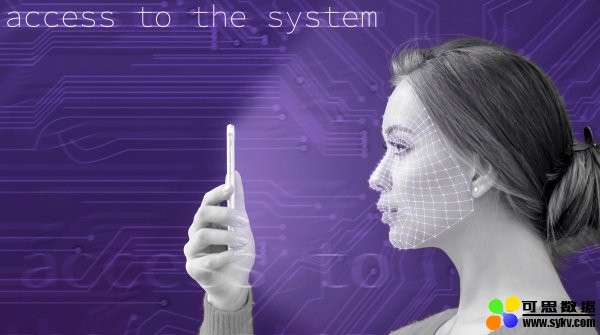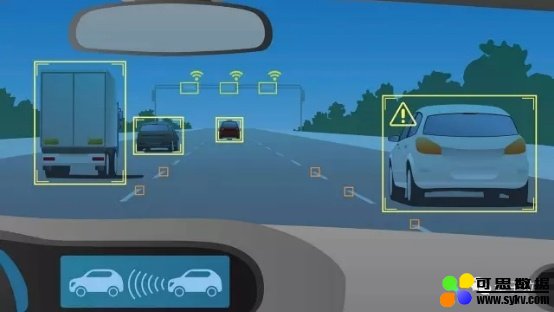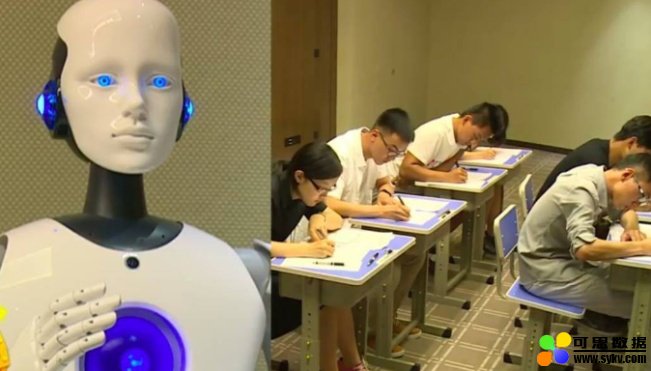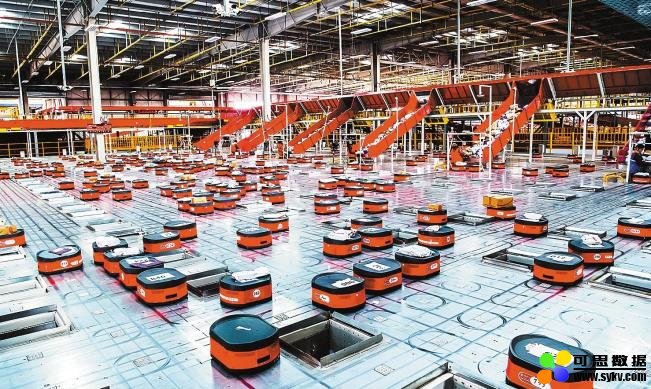CNN:阿里巴巴“城市大脑”炼成记
Alibaba's 'City Brain' is slashing congestion in its hometown
数据观丨王婕(译)
Traffic used to be a frequent headache for residents in Hangzhou, the eastern Chinese city that's home to Alibaba.
对于中国东部城市,阿里巴巴的总部所在地——杭州来说,交通拥堵曾是困扰居民的症结。
The metropolis of 7 million people once ranked fifth among China's most congested cities, but it has now dropped to 57th on the list.
这座拥有700万人口的省会城市曾一度上榜中国最拥堵城市且排名第五,现如今已跌至五十七名。
Alibaba (BABA) says that's because of one of its inventions, dubbed the City Brain, which uses artificial intelligence to gather information across Hangzhou, such as video from intersection cameras and GPS data on the locations of cars and buses.
阿里巴巴方面表示,这一变化的实现得益于一项被称为“城市大脑”的发明。这一平台利用人工智能技术来搜集整座杭州市的各种交通信息,例如十字路口摄像头所拍摄的视频录像,以及汽车和公交车定位的GPS数据。
数据观注释:“城市大脑”是阿里巴巴自主研发的大数据处理平台,利用实时全量的城市数据资源全局优化城市公共资源,即时修正城市运行缺陷,实现城市治理模式、服务模式和产业发展的三重突破。2018年9月19日,“城市大脑”2.0在 2018云栖大会上发布,成为杭州市新基础设施。
The platform analyzes the information in real time as it coordinates more than 1,000 road signals around the city with the aim of preventing or easing gridlock.
该平台在协调全市1000多个道路信号的同时,也在实时分析这些数据信息,以防止或缓解交通拥堵。
After two years of testing, the system appears to be working. Alibaba says the City Brain has shortened commutes and also helped first responders by enabling fire trucks and ambulances to halve the amount of time it takes to get to the scene of emergencies.
经过长达两年的测试,这一系统似乎正在发挥效用。阿里巴巴方表示,“城市大脑”不仅缩短了人们的通勤时间,也帮助急救人员,使消防车和救护车到达事故现场的耗时大大减半。
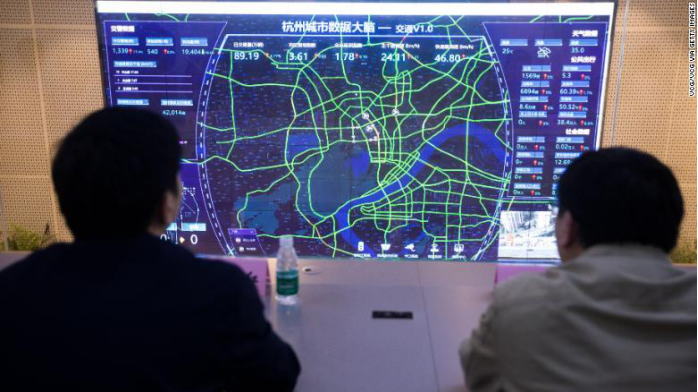
Alibaba says its AI-driven "City Brain" project in Hangzhou has improved traffic.
阿里巴巴方表示,其基于人工智能技术的“城市大脑”项目帮助杭州改善了交通状况。
Some regular drivers confirm things have improved. Ye Bojie, who works for top ride-hailing firm Didi Chuxing, said it once took him 40 minutes to drive 3 kilometers (1.8 miles), but the conditions are "much better now."
一些普通司机的亲身经历也证实了这一点。就职于知名约车服务公司“滴滴”的叶伯杰(音译)就表示,自己以前开3公里(1.8英里)需要耗费40分钟,但现在路况已经“好多了”。
"The cities in China probably are facing more challenges than any other city," said Wang Jian, chairman of Alibaba's technology steering committee.
阿里巴巴集团技术委员会主席王坚曾表示:“中国城市面临的挑战已经超过了世界上任何一个国家。”
But with emerging technologies like machine learning, communities are getting the tools to solve problems such as water shortages, he told CNN.
但他也告诉CNN,随着机器学习等新兴技术的出现,社区正在逐渐获取诸如解决水资源短缺等问题的手段。
"Eventually, everything is going to depend on the computing power, just like we depend on electricity," Wang said.
王坚认为,“最终一切都将取决于计算力,这就像我们依赖电力一样。”
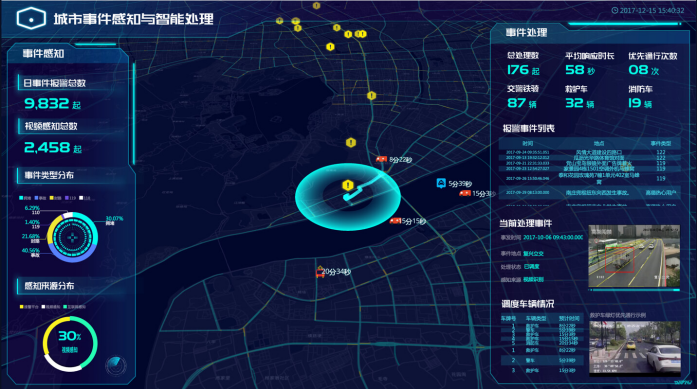
通过视频识别交通事故、拥堵状况,融合互联网数据及接警数据,即时全面的对城市突发情况进行感知。结合智能车辆调度技术,对警、消、救等各类车辆进行联合指挥调度,同时联动红绿灯对紧急事件特种车辆进行优先通行控制。
Kuala Lumpur is using the same system
吉隆坡的“杭州之鉴”
Other cities and companies are betting that tech advances can address some of urban life's difficulties. Alibaba's platform is being used in a handful of other Chinese cities and was introduced last year in Kuala Lumpur, the capital of Malaysia.
许多城市和企业皆笃信,科技进步可以让部分城市生活的难题迎刃而解。阿里巴巴集团研发的“城市大脑”平台正在中国其他几个城市投入使用,并于去年在马来西亚首都吉隆坡推出。
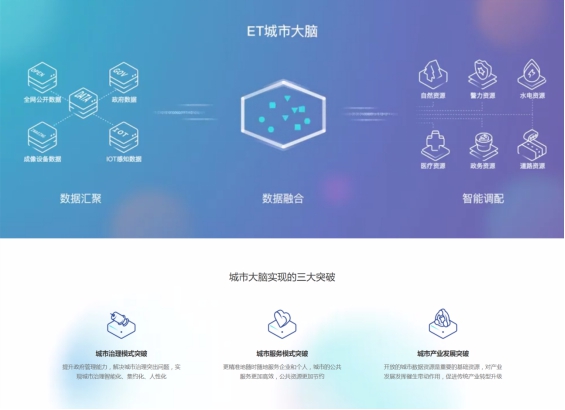
Last fall, Volkswagen (VLKAF) and Siemens (SIEGY) began trials of a smart traffic system in the German city of Wolfsburg, which was aimed at helping drivers predict when to expect a wave of green lights.
去年秋天,大众和西门子开始在德国沃尔夫斯堡市试验一种智能交通系统,旨在帮助司机预测何时会出现绿灯。
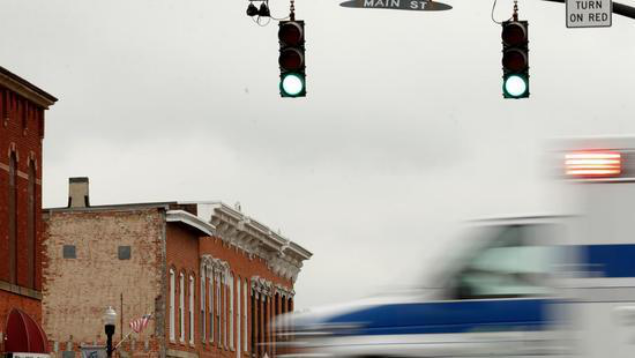
根据大众汽车与供应商西门子联手德国沃尔夫斯堡市推出的智能交叉试点项目,未来,10个交通信号的光相位可以与联网汽车通信,智能探索“绿色浪潮”的发生时间。在正确的时间点上,十字路口的连续绿灯可以让车辆在不停车的情况下行驶,从而提高效率,减少交通拥堵。
Experts say this is just the start.
专家们认为这仅仅是开始。
"Even the most cutting-edge smart cities on the planet are still at the beginning of their journey," the McKinsey Global Institute said in a report last year. "Since technology never stands still, the bar will only get higher."
2018年,麦肯锡全球研究院的一份报告表明:“即便是地球上最先进的智慧城市,也仍处于起步阶段。因为技术不会停滞不前,智慧城市的门槛只会越来越高。”
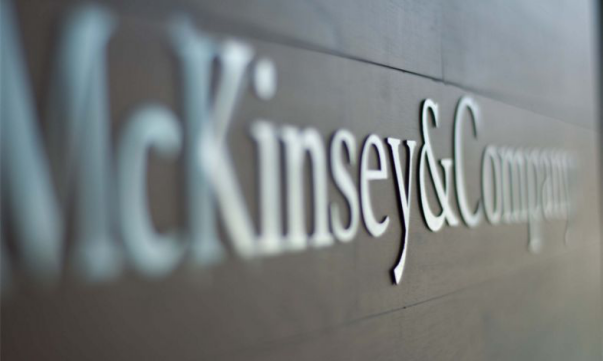
By 2025, cities using such systems could cut commutes by an average of 15% to 20%, the institute predicted.
该研究院还预测,到2025年,采用这类系统的城市可将通勤时间平均缩短15%至20%。
But the technology has also raised privacy concerns, particularly in China, where surveillance is rising and facial recognition cameras are spreading into areas like public restrooms.
然而,这项技术也引发了人们对隐私的担忧,尤其是在中国——在这里,监控设备正在增涨,面部识别摄像头正蔓延到公共卫生间等领域。
According to a recent survey by tech firm Tencent(TCEHY) and Chinese state broadcaster CCTV, nearly 80% of respondents said they worried about the impact of artificial intelligence on their privacy.
根据科技公司腾讯和中央电视台最近的一项调查,近80%的受访者都表示,他们很担忧人工智能对个人隐私带来的影响。
"We have to solve the privacy issue," Wang said. "That's for sure."
王坚表示,“毫无疑问,我们必须解决隐私问题。”
But he argued that the benefits of projects like the City Brain will outweigh concerns in the end, primarily by allowing cities to function on "as little natural resources as possible."
但他也坚信,像“城市大脑”这样的项目,其好处终将超过人们的担忧,主要是在满足城市耗费“尽可能少的自然资源”需求上发挥了作用。


时间:2019-01-22 23:48 来源: 转发量:次
声明:本站部分作品是由网友自主投稿和发布、编辑整理上传,对此类作品本站仅提供交流平台,转载的目的在于传递更多信息及用于网络分享,并不代表本站赞同其观点和对其真实性负责,不为其版权负责。如果您发现网站上有侵犯您的知识产权的作品,请与我们取得联系,我们会及时修改或删除。
相关文章:
相关推荐:
网友评论:



